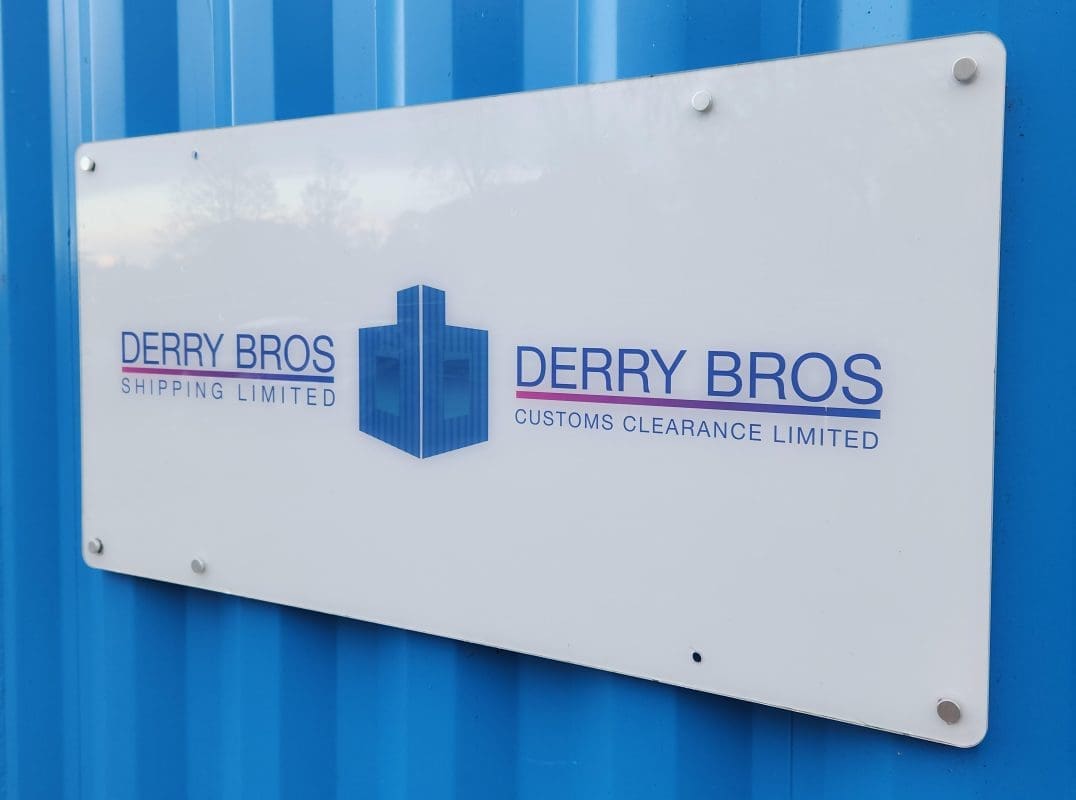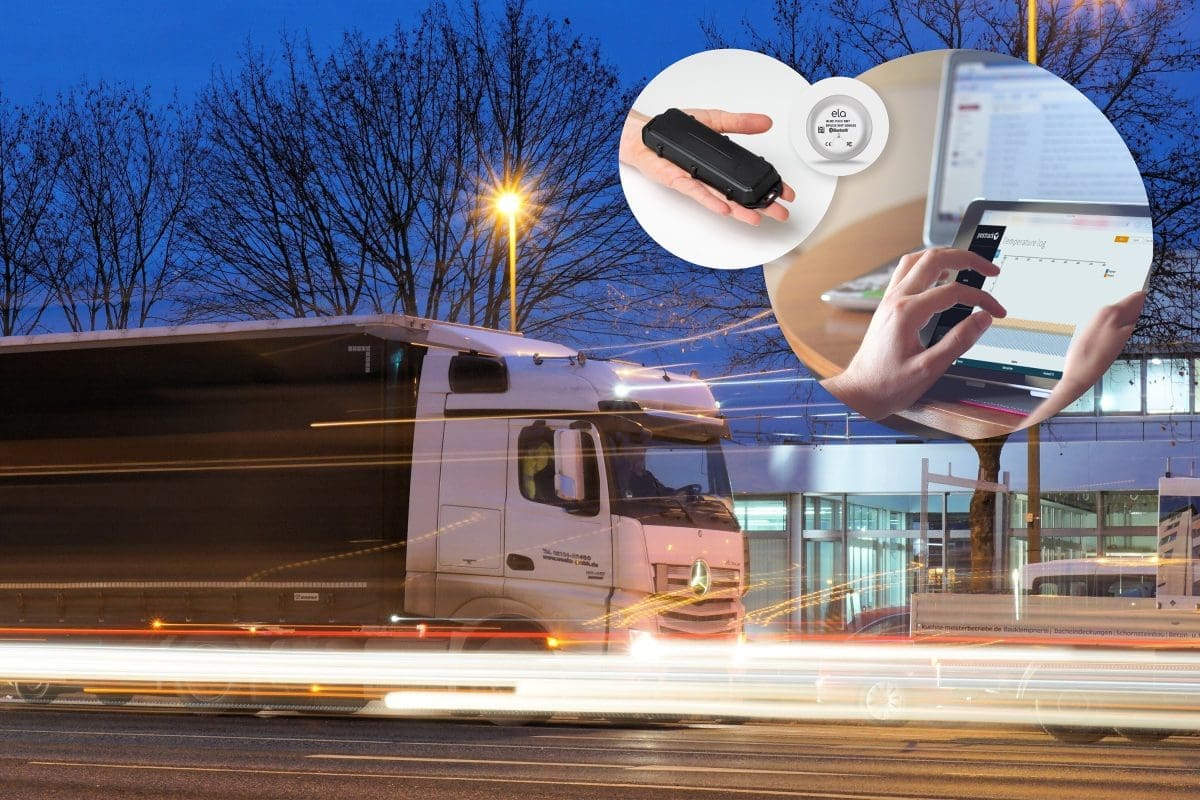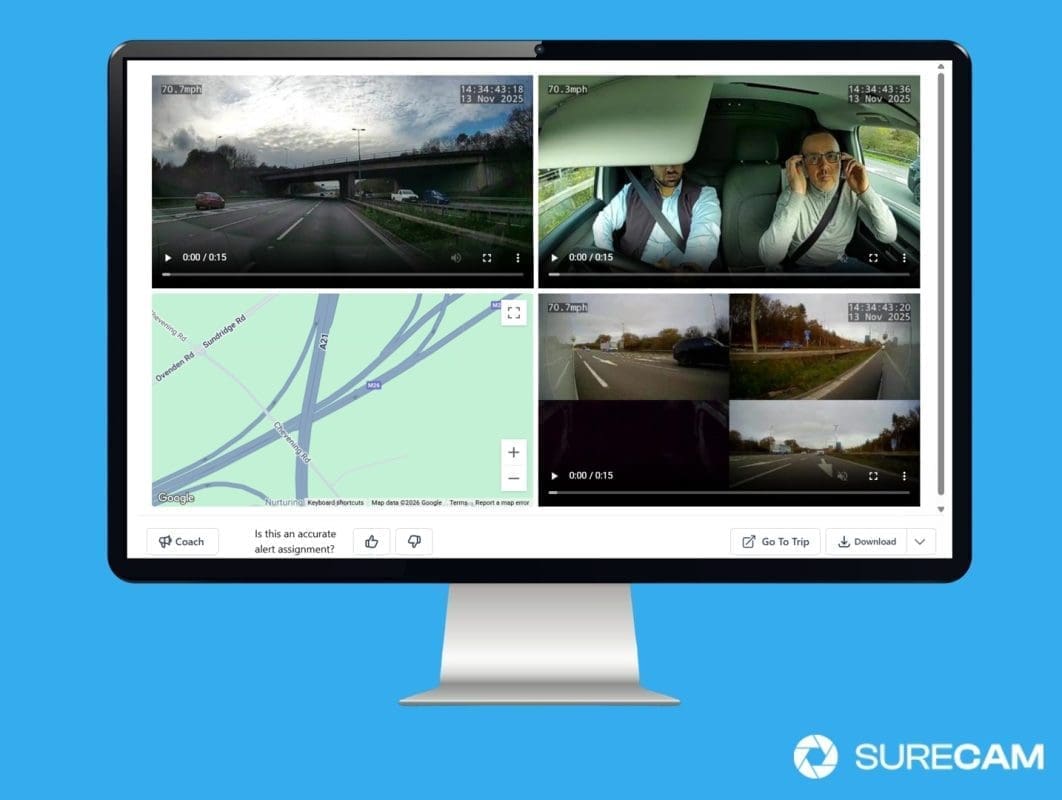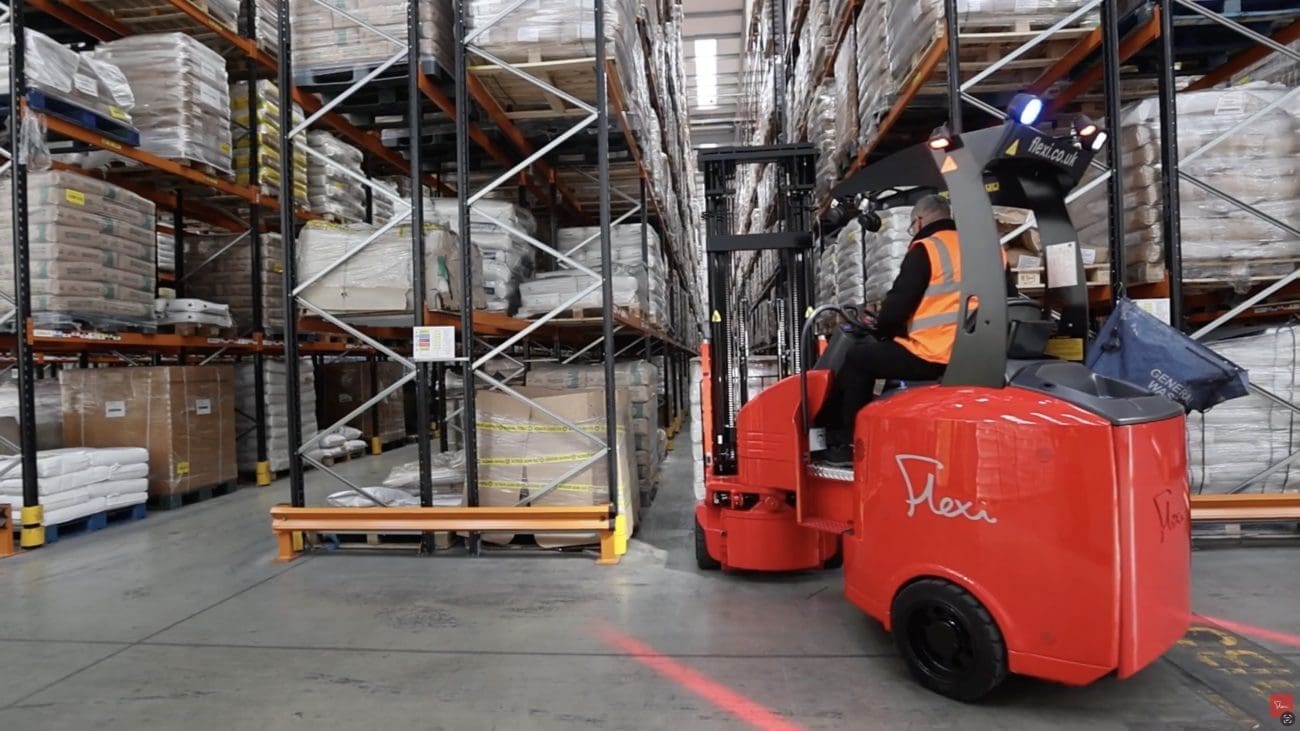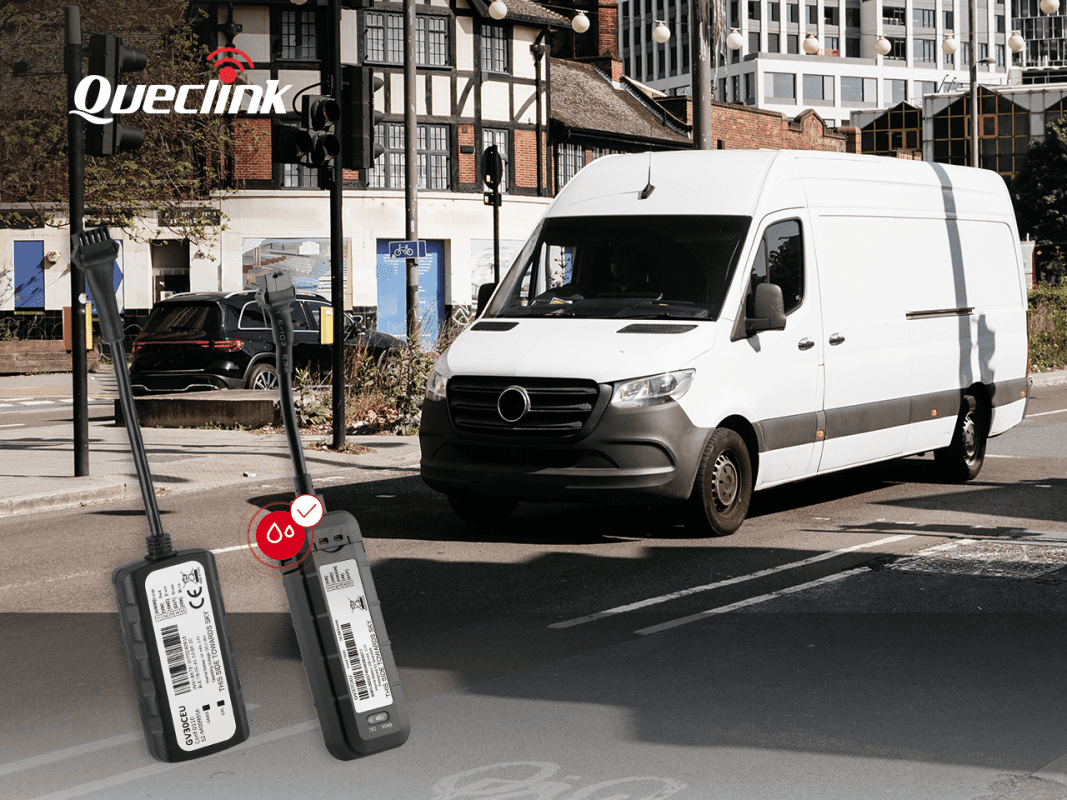- Shop All Documents + Bundles
- FORS V7.1 Document Bundle | Bronze (15 Policies)
- Transport Manager Compliance Pack (10 Policies)
- Transport Manager Compliance Pack (6 Policies)
- Health & Safety Policy Template
- Fuel, Emissions And Air Policy Template
- Operational Security Policy Template
- Serviceability And Roadworthiness Policy Template
- Road Traffic Collision Policy Template
- Counter Terrorism Policy Template
- Load Safety Policy Template
- Vehicle Routing And Scheduling Policy Template
- Driving Standards Policy Template
- Driving Hours Policy Template
- In Cab Technology Policy Template
- Passenger Safety Policy Template
- Complaints And Grievances Policy Template
- Drug And Alcohol Management Policy Template
- Hazard And Risk Identification Policy Template
- VOR (Vehicle Off Road) Policy Template
- Tyre + Wheel Policy Template
- Health & Eyesight Policy Template
- Transport Infringement Policy Template
- Walk Around Check (Defect Check) Tool Box Talk Template
- Transport Manager CV Template
- Social Media Policy Template
- Transport Manager Contract Template
- External Transport Manager Contract Template
- Driver Handbook
Transport Manager Compliance Checklist (UK Law)

By following this checklist, a Transport Manager can help ensure that their operations are in compliance with UK law, thereby reducing the risk of legal issues and promoting safety and efficiency within their transport operations.
1. Operator Licensing
- Ensure you have a valid Operator’s Licence (O-Licence) from the Traffic Commissioner.
- Display the licence disc(s) in all vehicles operated under the licence.
- Adhere to the conditions and undertakings of the O-Licence, including financial standing and operating centre requirements.
2. Vehicle Maintenance and Safety
- Implement a preventative maintenance schedule for all vehicles.
- Keep detailed maintenance records for each vehicle for at least 15 months.
- Ensure vehicles undergo regular safety inspections (typically every 6 weeks).
- Conduct daily walk-around checks and defect reporting by drivers.
- Ensure all vehicles have a valid MOT certificate.
3. Driver Management
- Verify that all drivers hold the correct and valid driving licences.
- Ensure drivers complete the Driver Certificate of Professional Competence (CPC) training.
- Keep records of drivers’ working hours, ensuring compliance with tachograph regulations.
- Implement a robust system for monitoring and managing drivers’ hours to avoid infringements.
4. Tachographs and Working Time
- Equip vehicles with working digital or analogue tachographs.
- Regularly download and analyse digital tachograph data.
- Store tachograph records for at least 12 months.
- Ensure compliance with EU Drivers’ Hours rules and the Working Time Directive.
5. Insurance
- Maintain valid motor vehicle insurance for all vehicles.
- Ensure you have appropriate public liability and employer’s liability insurance.
6. Environmental Compliance
- Adhere to Low Emission Zone (LEZ) and Ultra Low Emission Zone (ULEZ) requirements where applicable.
- Ensure vehicles meet emission standards set by the Clean Air Zones (CAZ) if operating within those areas.
7. Health and Safety
- Implement a Health and Safety Policy in line with the Health and Safety at Work Act 1974.
- Conduct risk assessments for all transport-related activities.
- Provide regular health and safety training for all staff.
8. Record Keeping and Documentation
- Maintain accurate records of all transport operations.
- Keep records of any transport-related incidents or accidents.
- Ensure documentation is readily available for inspections by the Driver and Vehicle Standards Agency (DVSA).
9. Staff Training and Development
- Provide ongoing training for all staff on compliance and best practices.
- Ensure staff are aware of changes in legislation and industry standards.
10. Audits and Reviews
- Conduct regular internal audits to ensure compliance with legal requirements.
- Review and update policies and procedures regularly.
- Address any non-compliance issues promptly and effectively.
11. Communication and Reporting
- Maintain open communication with the Traffic Commissioner and other relevant authorities.
- Report any significant changes or incidents affecting your O-Licence promptly.
12. Vehicle Registration and Tax
- Ensure all vehicles are correctly registered with the DVLA.
- Keep vehicle excise duty (road tax) up to date.






